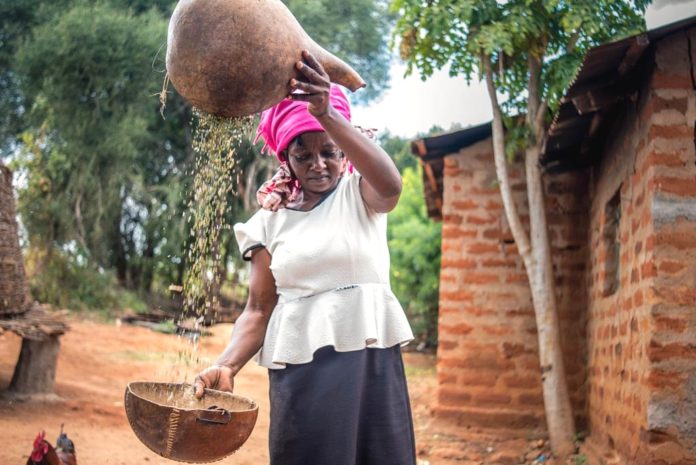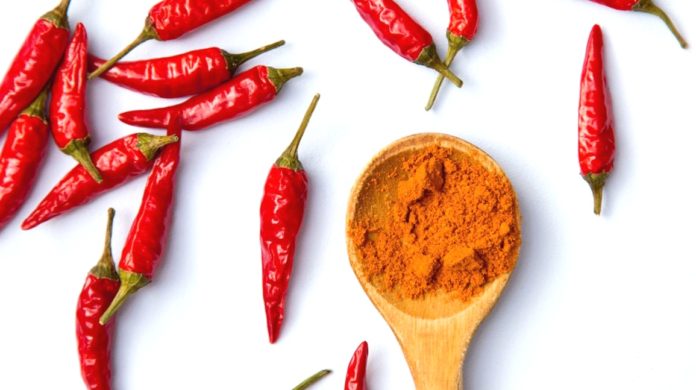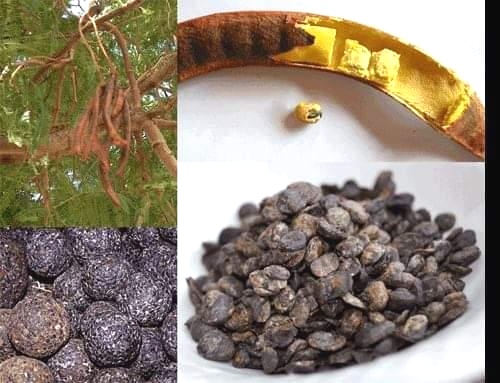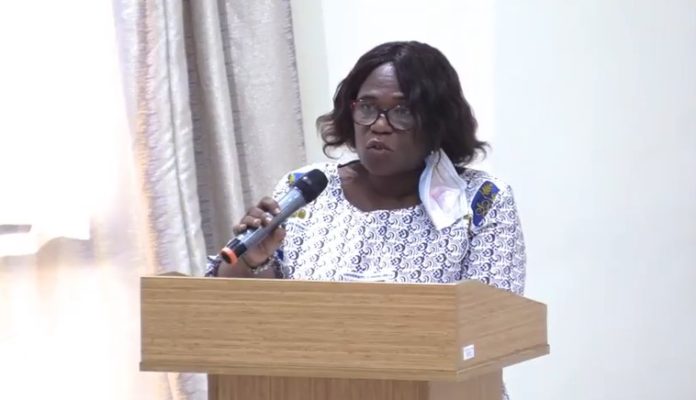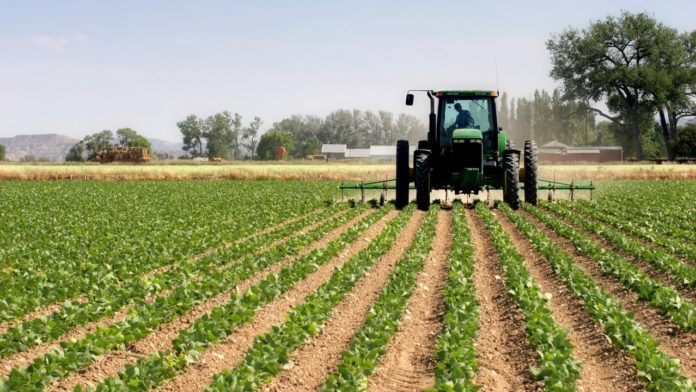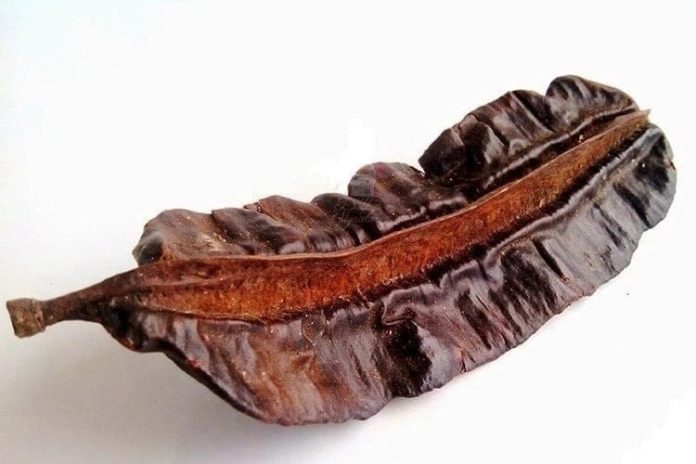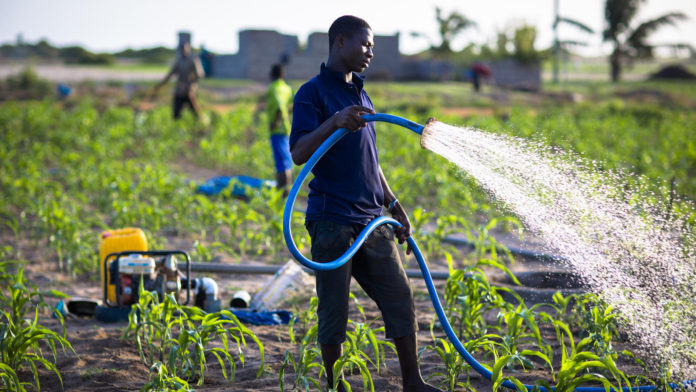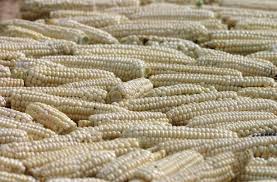Ms. Rose Goslinga Co-Founder and Co-Chief Executive Officer at PULA, an African Agricultural Insurance, and Technology Service Provider has revealed that PULA has closed a $6m Series A fundraiser to support the expansion of PULA in Asia and Africa by providing yield and animal insurance for Smallholder farmers across Africa and Asia.
The Co-Founder said the Series A fund was raised by TLcom Capital with the support of Women’s World Banking.
“The new investment will be used to scale up operations in the company’s existing 13 markets across Africa; PULA has impacted over 4.3 million farmers on the continent and the new funding will also help propel its expansion into Asia to power resilience and profitability for Asian smallholder farmers” she indicated.
Speaking on the new fundraise, Ms. Goslinga pointed out that with the outbreak of COVID-19 pandemic across the globe; smallholder farmers need assurances now more than ever, and having TLcom Capital and Women’s World Banking along this resilience journey, opens up many more opportunities.
“When Thomas and I launched Pula in 2015, we had one goal in mind to build and deliver scalable insurance solutions for Africa’s 700 million smallholder farmers, and with our latest funding; it’s time to break into new grounds.
In our five years of operation, we’ve built strong traction for our products, but the fact remains that across Africa and other emerging markets, there are still millions of smallholder farmers with risks to their livelihoods that have not been covered” she said.
She added that apart from the Serie A announcement, Pula at the end of the year secured an Insure resilience Grant in partnership with Ghana Agricultural Insurance Pool.
The Co-Founder indicated that the Ghana Insurance project aims to provide affordable yield risk insurance solutions to farmers by bundling insurance on inputs the farmers intend to use during the 2021 planting season.
“Our Insure resilience project will promote agricultural insurance solution among the Ghana farming communities. This will help increase the resilience of smallholder farmers vulnerable to climate change while contributing to food security which has been severely affected as a result of the economic impact of the COVID-19 pandemic” she added.
Managing Partner and Founder at TLcom Capital, Maurizio Caio, explained that the potential for the insurance market for smallholder farmers in Africa is huge and under the leadership of Rose and Thomas, PULA has rapidly established a strong presence throughout the continent with a number of high-profile clients on their books.
“We found a company addressing a hugely underserved market in one of Africa’s key drivers of growth, an opportunity for major economic upside. We are confident of PULA’s potential for growth in spite of the pandemic and look forward to partnering with them as they execute the next phase of their journey” he said.
Chief Information Officer at Women’s World Banking, Christina Juhasz said that Women’s World Banking is delighted to partner with PULA Advisors in providing them financial safety nets against the risks of pests, disease, and climate change.
“Given the legions of women engaged in smallholder farming; securing the food supply for communities around the globe has become difficult because of the economic impact of the COVID-19 pandemic,” she said.
Story by: Nana Yaw Reuben Jr.

